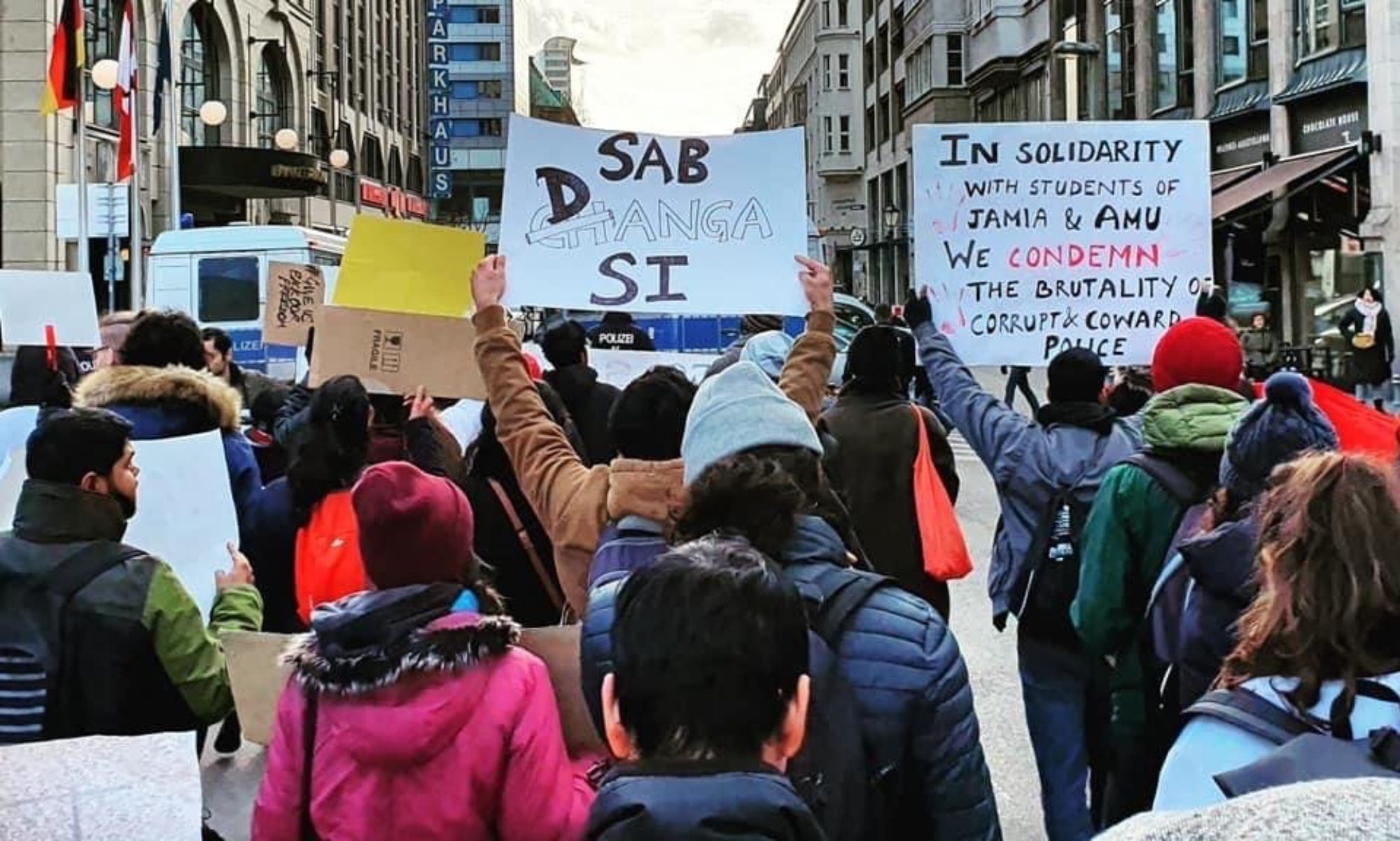At the height of the COVID-19 pandemic, India’s Parliament passed three legal codes on labour. Statements from ministers of the BJP-led Union government make it clear that these new codes, which replaced 44 federal laws dealing with the subject, were aimed at improving India’s ranking in the World Bank’s “Ease of Doing Business” index.
Workers and trade unions have called these reforms “anti-working class”, with some suggesting that even under British rule, labour laws were more favourable for Indian workers. Ten central trade unions of India have called a nationwide general strike on November 26 to protest against these laws.
For instance, the Code on Wages has even rejected the moderate recommendations of the Supreme Court of India and India’s premier tripartite labour policy body. The Code on Industrial Relations increases the already high burden on representative unions and enables hire-and-fire practices. The Code on Social Security does not increase welfare benefits. Instead, the burden on businesses of complying with labour standards has been reduced.
By attempting to shackle trade unions and weaken labour standards, these new laws further the neo-liberal conception of the state’s role as a mere facilitator of private enterprise, further exacerbating the exploitation of the working classes.
Around the world, labour laws have been similarly under attack. We invite you for an internationalist panel and discussion on how to organise the fight back.
#BerlinforIndia and Gruppe ArbeiterInnenmacht present an important conversation to build a bridge between labour organisations in India and Germany.
Panelists:
AR Sindhu is a Secretary of the Centre of Indian Trade Unions
Matthias Fritz is active with the Arbeitskreis Internationalismus Berlin of IG Metall
Gautam Mody is the General Secretary of the New Trade Union Initiative
Michael Fütterer works with the Transnationals Information Exchange (TIE)
Maitreyi Krishnan is a labour law expert who works with the All India Central Council of Trade Unions
Moderator:
Martin Suchanek, Gruppe ArbiterInnen Macht
<!–Please use the comments below to ask questions to the panel.–>

In case anyone has the same problem as me and cannot see the video here, this is the youtube link: https://youtu.be/YvKRjPzMPi0
Considering the tremendous effects on the Indian working class by the new laws and their long term effects on the global work force, do such national attacks not warrant the need for political strike action in countries like Germany (e.g. in suitable chains of value production) to fight such attacks together? What can we do to make German unions more combative in this regard?
Will a one day general strike be enough to repeal the attack? And what are the debates in the trade unions about what needs to happen, if it´s not?